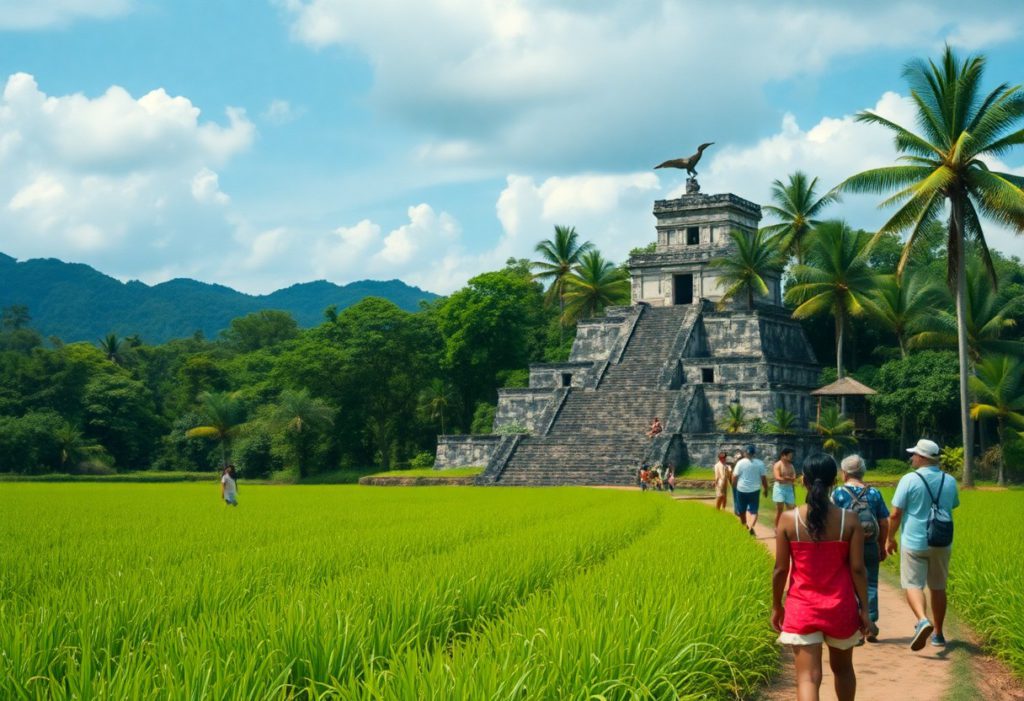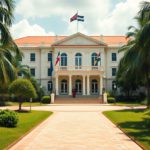The economy of Belize serves as a vital component that shapes the nation’s identity, showcasing a dynamic and evolving economic ecosystem that is transitioning from traditional industries to innovative sustainable sectors. It may be surprising to learn that the backbone of Belize’s economic framework is deeply entrenched in agriculture, with benchmark crops such as sugar, bananas, and citrus fruits playing a pivotal role in the country’s historical development. However, the recent rise of ecotourism has provided a transformative avenue for economic expansion. By delving into Belize’s economic evolution, you will discover how the nation adeptly utilizes its untouched natural beauty to lure global investors and tourists, constructing a unique economic model that marries environmental sustainability with economic growth. Through this exploration, you will gain a deeper understanding of Belize’s dedication to economic sustainability.
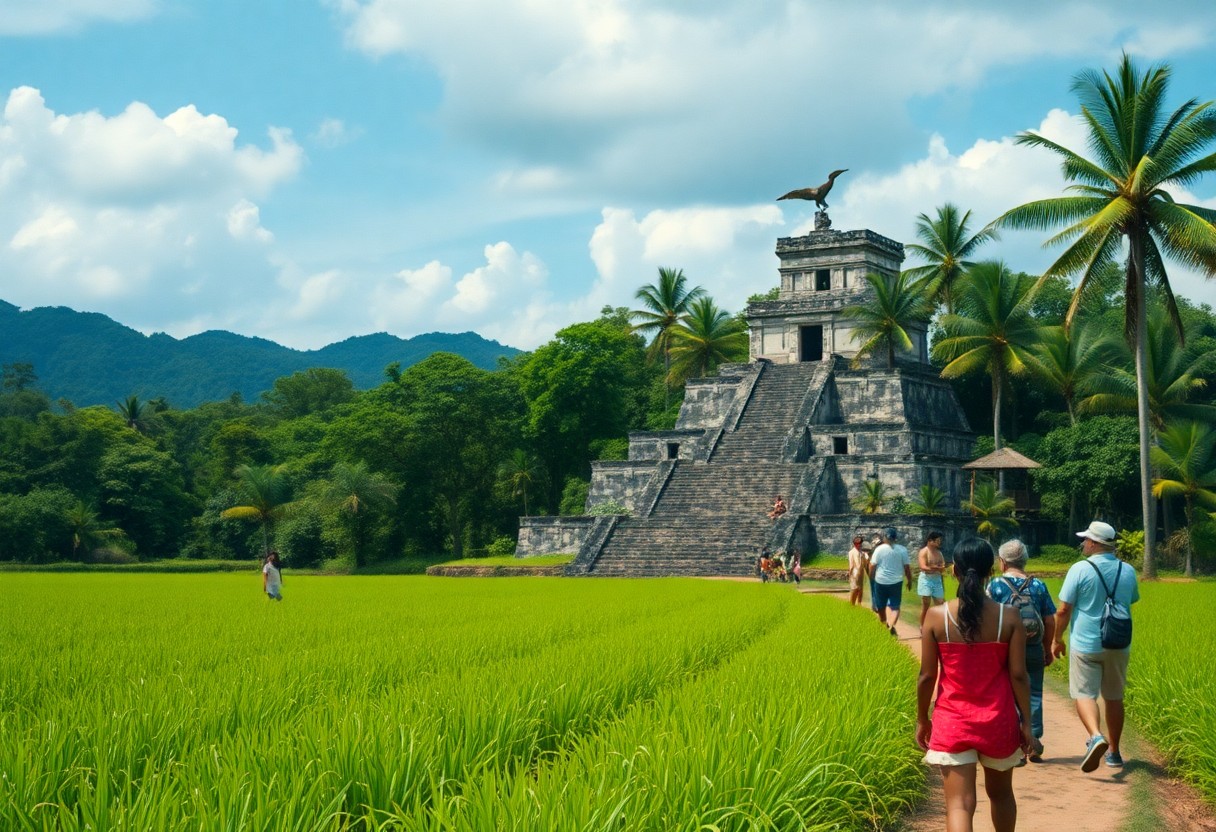
Exploring the Rich Historical Background of Belize’s Economic Development
Belize’s economic landscape has been intricately molded over centuries through multifaceted colonial interactions and extensive natural resource exploitation. The economic history of the region can be traced back to the influential Maya civilizations, which laid the groundwork for future economic progression. Following this, British colonial powers transformed the area into a resource extraction economy. British settlers, known as Baymen, initially concentrated on the extraction of valuable timber, establishing trade networks that significantly altered Belize’s economic foundations. This colonial phase set the groundwork for subsequent transformations, leading to modern economic activities and leaving a long-lasting imprint on Belize’s economic identity.
Understanding the Economic Impact of the Logging Industry in Belize
During the 18th and 19th centuries, the extraction of mahogany and logwood became integral to Belize’s economic activities. You will find that these sought-after timber resources attracted British entrepreneurs who established extensive logging operations and developed advanced extraction methodologies. The logging industry emerged as a primary economic force, creating a robust international trade network that positioned Belize as a significant timber exporter within the Caribbean. This dynamic not only fueled considerable economic growth but also laid the foundation for future economic endeavors, underscoring the enduring influence of the logging industry on Belize’s economic evolution.
Recognizing Sugar and Bananas as Core Economic Drivers in Belize
From the late 19th to early 20th centuries, agricultural commodities began to emerge as vital economic sectors for Belize. You will observe that sugar and banana production gradually replaced logging as the prevailing economic activities. These crops became essential export commodities, fundamentally altering the agricultural landscape and presenting new economic opportunities for both local farmers and international traders. Analyzing Belize’s agricultural transformation reveals a complex economic evolution, where sugar production became increasingly significant, leading to the establishment of large plantations that employed innovative farming techniques. The banana industry also flourished, evolving into a major source of foreign currency for the nation and facilitating substantial trade relations.
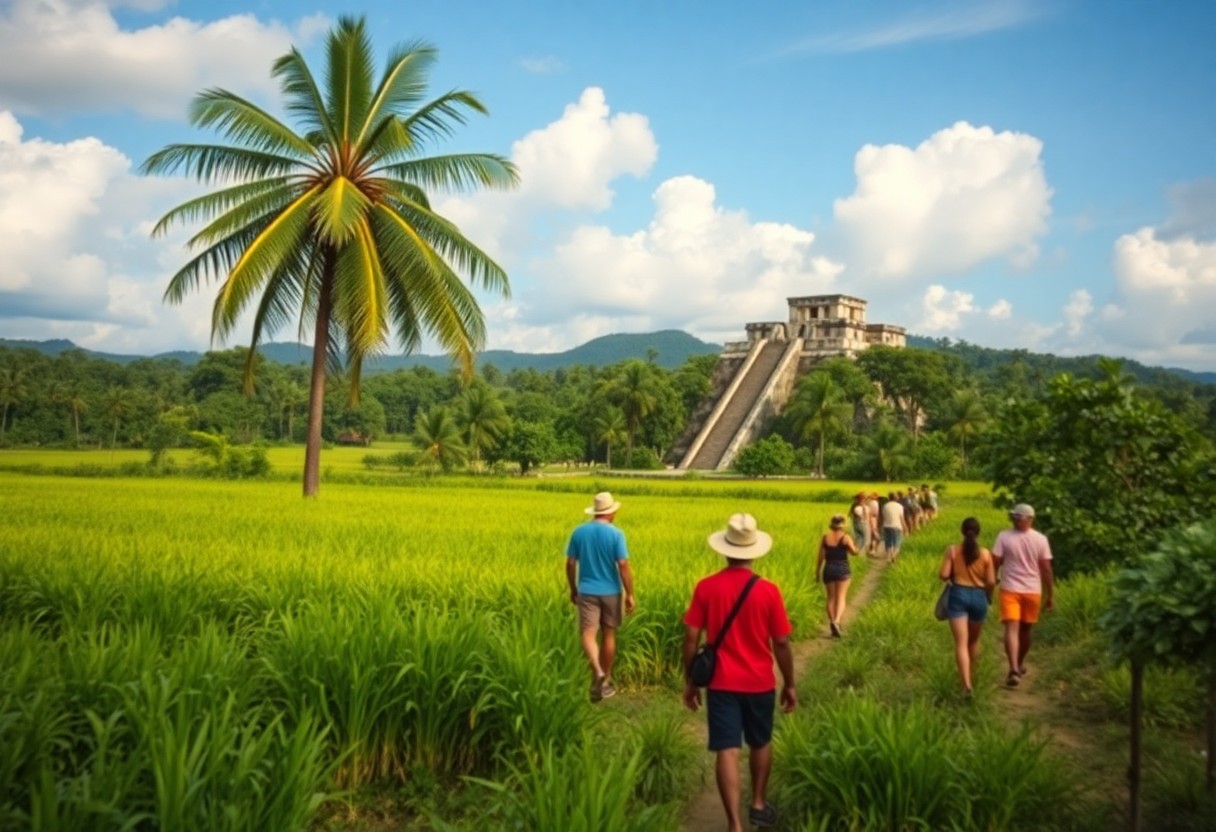
Assessing the Rapid Growth of Belize’s Tourism Industry
As you explore Belize’s economic transformation, you will uncover that tourism has evolved into a critical economic engine. This sector has experienced swift growth, luring international visitors with its stunning landscapes and rich cultural experiences. Presently, tourism accounts for about 40% of the country’s GDP, signifying a substantial shift from a traditional agricultural economy toward a more diversified economic structure. The government has effectively positioned Belize as a top travel destination for those seeking authentic and sustainable travel experiences, capitalizing on its natural beauty and diverse cultural offerings.
Exploring the Rise of Eco-Adventures in Belize’s Tourism Landscape
Between 2010 and 2019, Belize saw a remarkable surge in eco-tourism, reflecting a global shift towards sustainable travel. You will find that adventure travelers are increasingly enticed by the country’s pristine rainforests, diverse wildlife reserves, and significant archaeological sites. Sustainable tourism practices have become a cornerstone of Belize’s tourism strategy, appealing to eco-conscious travelers who seek meaningful connections with nature and local communities. This shift not only fosters a greater appreciation for the environment and local cultures but also enhances the overall tourism experience while promoting conservation efforts.
Diving into Marine Tourism Opportunities Along Belize’s Coastline
The tourism sector in Belize’s coastal areas has significantly transformed the economic landscape. You will be fascinated by the Belize Barrier Reef, a UNESCO World Heritage site that draws marine enthusiasts from around the world. Activities such as diving, snorkeling, and marine exploration have become essential revenue sources, attracting thousands of international tourists each year. This iconic reef stretches approximately 300 kilometers and showcases one of the most biodiverse marine ecosystems on the planet. Marine tourism generates over $180 million annually, providing vital support to local communities and conservation initiatives. The reef’s ecological importance and immense tourism potential make it a vital economic asset, appealing to marine biologists, conservationists, and adventure seekers alike.
Here’s the content for the chapter and subsections:
Identifying Economic Challenges Confronting Belize
While Belize encounters significant economic challenges that impede its development, you will find a complex array of issues stemming from structural limitations and external pressures. The nation faces hurdles such as limited economic diversification, high unemployment rates, and vulnerability to global economic fluctuations, all of which hinder its potential for sustained growth and prosperity. Understanding these challenges is crucial for grasping the comprehensive scope of Belize’s economic landscape, as they directly affect the country’s ability to thrive.
Examining the Continuous Burden of National Debt in Belize
Throughout Belize’s economic journey, national debt has consistently posed a significant challenge. You will notice that the country carries one of the highest debt-to-GDP ratios in the Caribbean, considerably restricting the government’s ability to invest in essential infrastructure and social programs. This financial strain greatly limits economic growth and discourages potential international investments, underscoring the urgent need for effective fiscal strategies to manage and alleviate this debt burden.
Understanding the Economic Threats Posed by Natural Disasters to Belize’s Stability
On the environmental front, you will find that Belize is particularly susceptible to climate-related disruptions. Natural disasters such as hurricanes, tropical storms, and flooding pose significant threats to both the agricultural and tourism sectors, leading to recurring economic setbacks and necessitating substantial reconstruction investments. A deeper examination reveals that natural disasters entail more than immediate economic damage; they create long-term vulnerabilities that disrupt agricultural productivity, damage critical infrastructure, and undermine the tourism industry. The coastal regions are especially at risk, with rising sea levels and increasing storm intensity threatening the stability of both the economy and local communities.
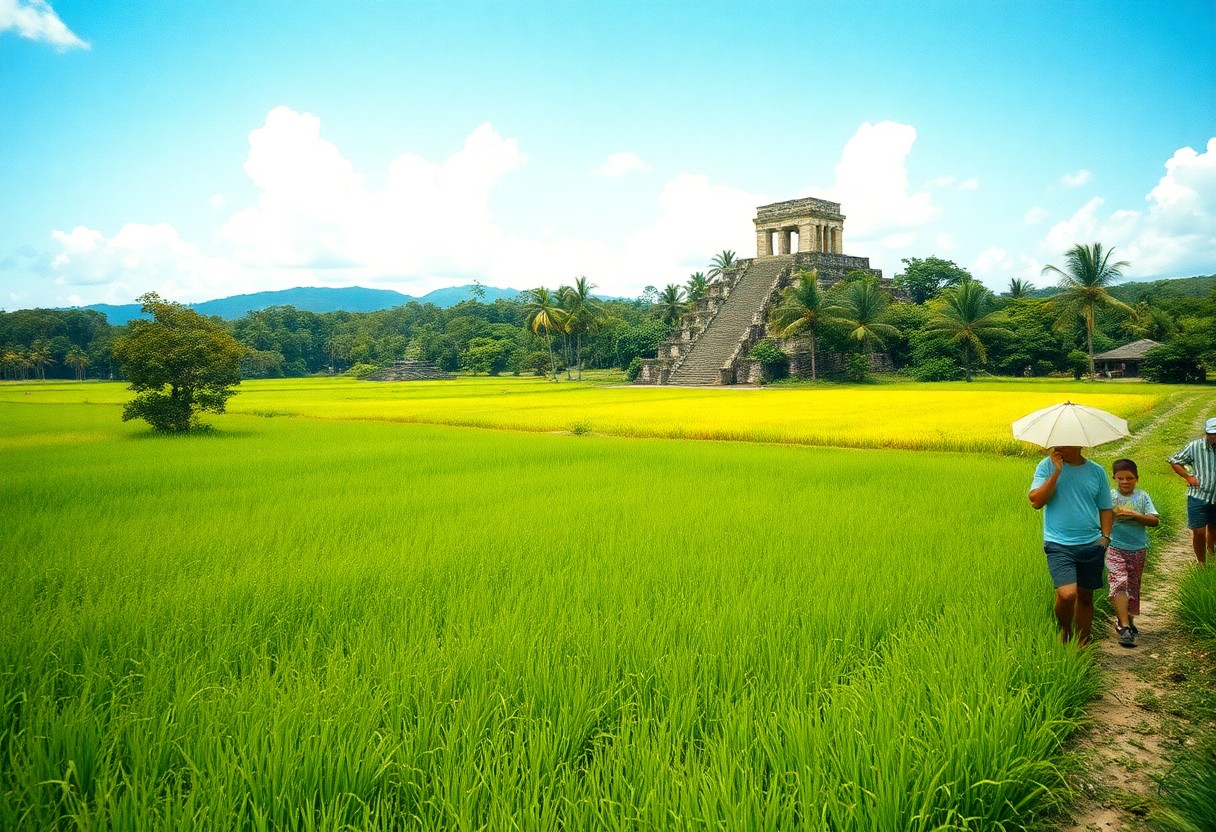
Examining Belize’s Dependence on Imports for Economic Sustainability
To fully understand Belize’s economic framework, it is crucial to recognize its significant reliance on imports. With limited domestic manufacturing capabilities, you will find that the country depends heavily on importing essential goods such as machinery, fuel, and consumer products. This economic vulnerability means that nearly 50% of consumed goods come from external markets, predominantly the United States. While this dependence on imports poses challenges for local economic stability, it also highlights Belize’s interconnectedness with global trade relationships. These imports are vital for supporting the nation’s infrastructure, fostering technological advancement, and meeting consumer demands.
Envisioning the Future: Harnessing Belize’s Economic Growth Potential
Despite facing economic challenges, Belize is strategically positioning itself for transformative growth through diversification and innovative economic strategies. You will see that the country is leveraging its natural resources, promoting sustainable tourism, and enhancing digital infrastructure to unlock new economic opportunities. Belize’s potential lies in its capacity to balance traditional sectors like agriculture with emerging industries such as technology and eco-friendly services, which promise to bolster economic resilience and attract global investments.
Pioneering Sustainable Initiatives to Propel Belize’s Growth
Belize is increasingly focusing on environmental preservation alongside economic advancement. The government’s commitment to green initiatives is reflected in renewable energy projects, conservation-driven tourism, and sustainable agricultural practices. These efforts aim to protect the country’s rich biodiversity while forging economic pathways that promote both ecological integrity and community improvement. Such initiatives propel Belize towards a more sustainable future, illustrating the importance of aligning economic growth with environmental stewardship.
Attracting Foreign Investment to Ignite Economic Growth
In line with these economic strategies, Belize is actively seeking international investors across various sectors. You will observe targeted initiatives in tourism, agriculture, and emerging digital industries that offer attractive returns and strategic partnerships. The government is implementing investor-friendly policies aimed at positioning the country as an appealing destination for global capital. Belize provides unique investment prospects across sectors such as eco-tourism, renewable energy, and agricultural technology. The nation’s strategic location, coupled with progressive economic policies, enhances its allure as an investment hub. Potential investors are attracted to Belize’s stable political environment, tax incentives, and commitment to sustainable development, all of which help mitigate traditional investment risks while presenting promising long-term growth opportunities.
Reflecting on the Significant Economic Transformations in Belize
In light of these insights, it becomes clear how Belize has meticulously reshaped its economic landscape from traditional agriculture to a multifaceted, sustainable model. Your understanding of the country’s economic evolution reveals a dynamic transition toward services, tourism, and ecotourism. By effectively leveraging its natural resources and rich biodiversity, Belize has developed a resilient economic framework that balances growth with environmental preservation. You will appreciate how the nation has skillfully diversified its economic sectors, positioning itself as an attractive destination for international investment and sustainable development. This adaptive approach ensures that Belize continues to cultivate a robust and forward-thinking economic vision for the future.
Frequently Asked Questions About Belize’s Economic Environment
Q: Which economic sectors are most influential in driving growth in Belize?
A: Belize’s economy is fundamentally supported by three primary sectors: agriculture, tourism, and services. Agricultural exports such as sugar, bananas, and citrus fruits are significant contributors to national income. The tourism industry, particularly ecotourism, generates substantial revenue by leveraging Belize’s diverse natural landscapes and unique marine ecosystems. Furthermore, the service industries, encompassing financial services and international trade, complement these foundational economic drivers, thereby creating a well-rounded economic environment.
Q: In what ways does ecotourism contribute to Belize’s economic advancement?
A: Ecotourism stands as a strategic economic pillar for Belize, attracting international visitors who are eager for sustainable travel experiences. The Belize Barrier Reef, UNESCO World Heritage sites, and expansive national parks offer distinctive opportunities for eco-conscious travelers. This sector not only generates direct income through tourism-related expenditures but also supports local communities by creating jobs in conservation, hospitality, and guided expedition services, ultimately enhancing economic stability.
Q: What economic challenges does Belize face in maintaining stability?
A: Belize encounters several economic challenges, including susceptibility to external economic fluctuations, climate change impacts on agriculture, and reliance on a limited range of export commodities. In response, the nation actively seeks to diversify its economic portfolio by investing in renewable energy projects, expanding service sectors, and promoting sustainable tourism development. International collaboration and strategic economic policies are crucial in mitigating potential financial risks and bolstering long-term economic resilience.
The Article Belize’s Economy Explained: From Agriculture to Ecotourism appeared first on Belize Travel Guide
The Article Belize’s Economy: Agriculture to Ecotourism Insights Was Found On https://limitsofstrategy.com
